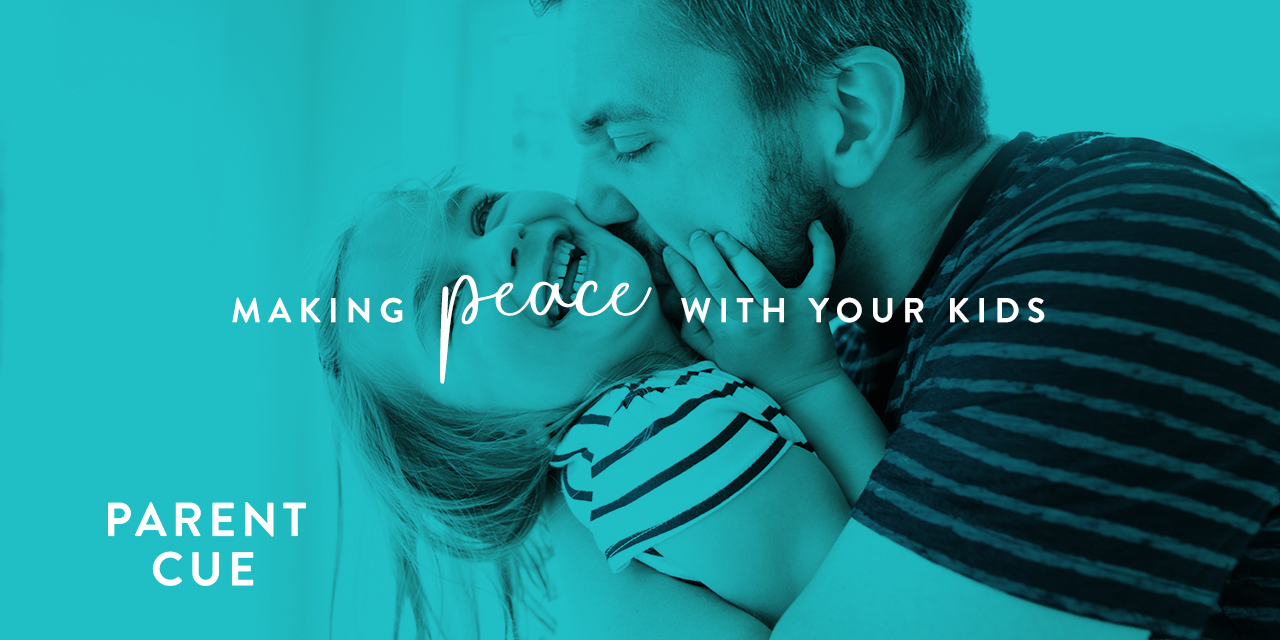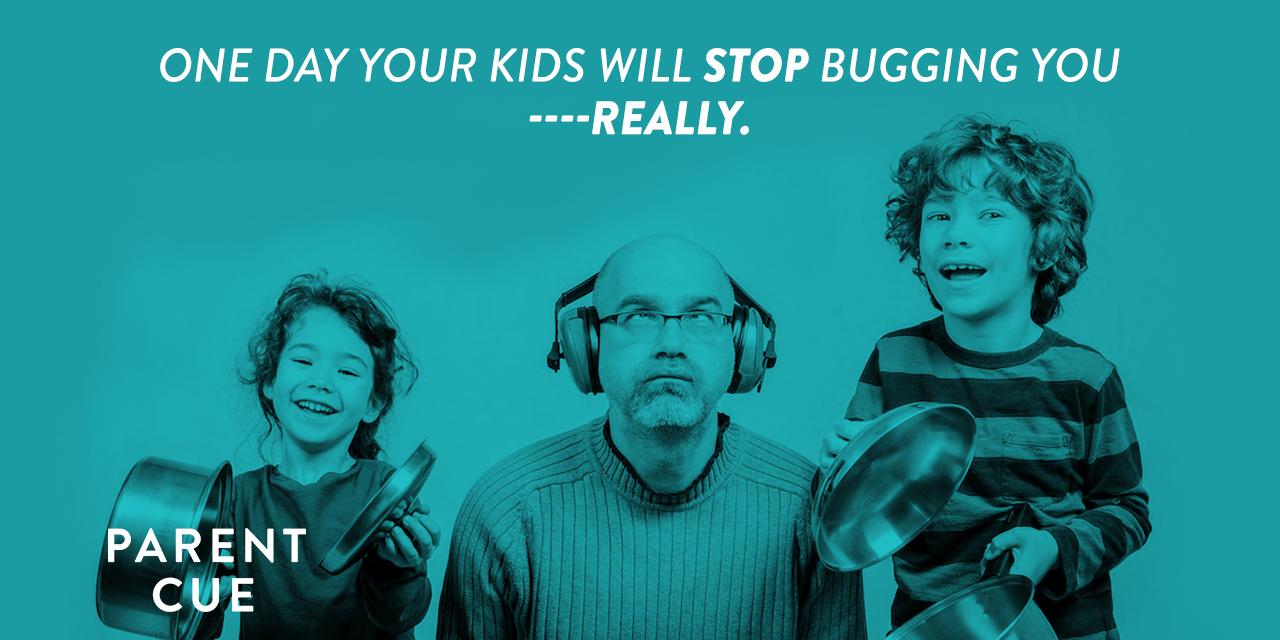
Twice in the past several weeks while out with my husband and boys, random people have stopped to “critique” something we were doing involving our parenting. The first time I was proud of both my inward and outward reaction. I recovered remarkably fast—if I don’t say so myself. The second time, not so much. I was pretty mad. And truth be told—hurt. By strangers. Who didn’t know me or my family.
It reminded me of what I have come to learn repeatedly in the journey of raising kids. Parenting is personal. If you want to do the most damage or inflict the most hurt, talk about the way they do their family. It’s an instant wound.
No one sets out to be a bad parent. We learn as we go—usually more painfully aware than anyone else is of our own failings. So when someone else calls into question the fragile framework we have worked so hard to construct around and for and with our tiny clan, it exposes more than just a chink in our armor. It exposes a part of our soul. We’re working at this the best we can. We’re putting our best foot forward, and all of us—well, a lot of us—are uncomfortably aware of the watching eyes of others—maybe not ready to call us out, but at the very least inwardly judging our every move.
Which makes parenting not only personal, but much more exhausting than it already is by nature.
But maybe the most unsettling thing about having someone critique how you parent is coming to terms with the fact that they may be right. This is hard. Because as parents, getting this wrong feels like the worst kind of wrong.
Like everybody, I approached parenthood with fear and trembling. I read the books, visited the websites, and talked to others farther along, making each decision with painstaking forethought and research. I wanted to feel good—certain—in the way we decided to do things. But like most people, I found “certain” checked itself at the door as soon as my first child arrived. Nothing is certain. Nobody has all the answers.
And when the things we thought were mountains worth dying on seem less and less important. . .
And when the things we swore we would do, or wouldn’t do, seem a lot more gray. . .
it’s humbling.
Even more when your uncertainty replaces your certainty so much so, that it isn’t just something you bear internally, but it marks you externally. And someone calls you out on it.
Thankfully, the apostle Peter got something right that’s gotten some good mileage in our family lately. Above all, he writes, love each other deeply, because love covers a multitude of sins (1Peter 4:8). That I can get right. That, even when I’m doing “it” wrong—whatever it may be—gives me hope and my children potential. I can get it wrong in a lot of ways and still get it right in the most important way.
I can love my kids. Deeply. And the power of this kind of love can overpower the damage of the multitude of sins I am unintentionally committing. Let’s stop torturing ourselves—and each other—over the ways we’ve decided to raise our children. Let’s give each other a break. Let’s stop taking shots at each other, and start agreeing on the fundamentals.
We love our kids.
We’ve got that in common. We’re going to mess up. A lot. Most of the time we are going to know when we do, and chances are what we say to ourselves on the inside when that happens is a lot harsher than anyone else on the outside would ever have the guts to say to our face.
But love, thank God, covers a multitude of sins. Yours. Mine. Our kids.
Love, we can agree on, matters above all. So let’s land there, and stay there. And give each other a lot of freedom for every thing else that follows that.
Find a parent you can encourage this week. And then find a way you can cut yourself a break when it comes to the pressures and expectations of parenthood.




